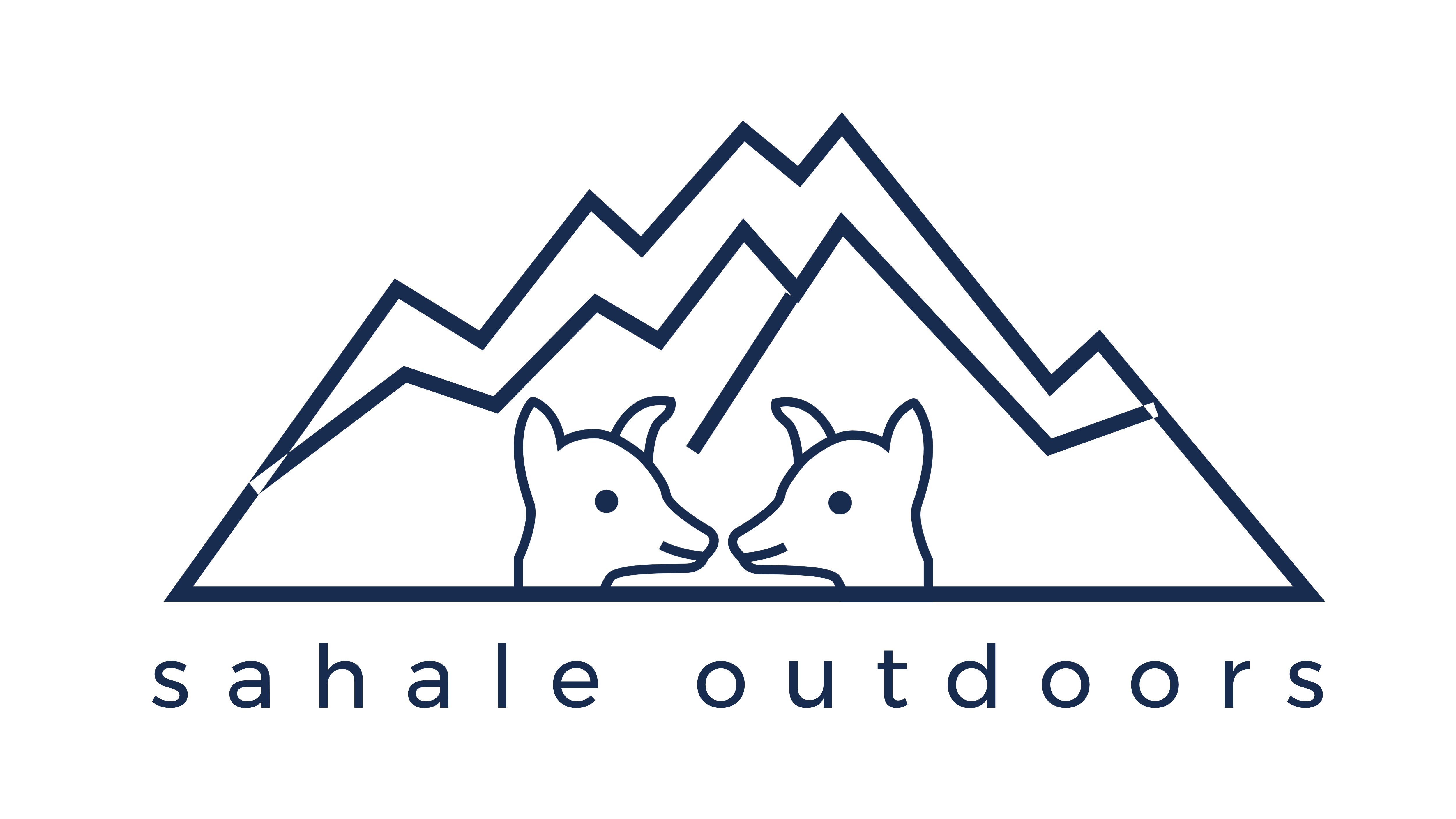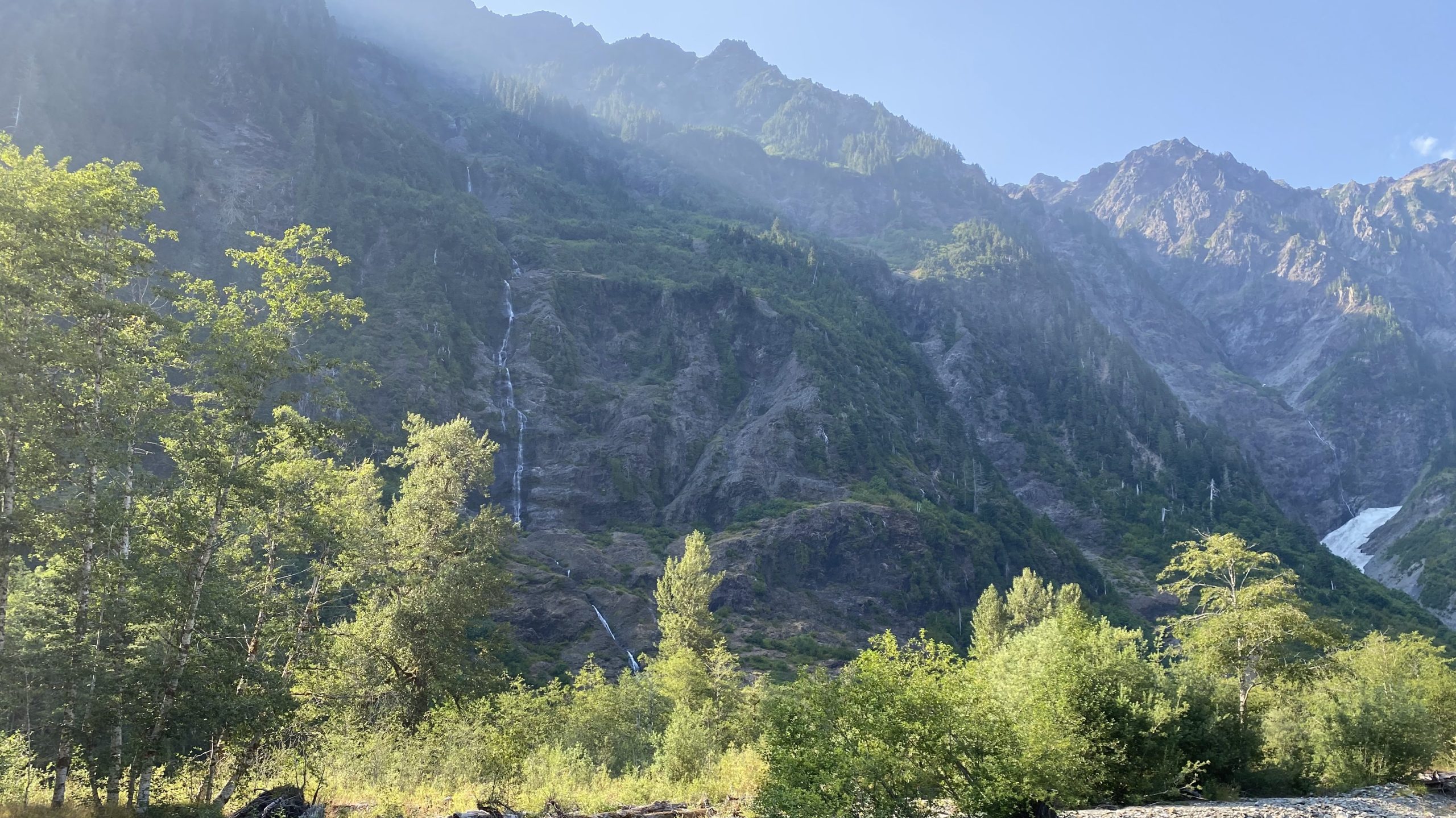
Enchanted Valley
Olympic National Park: Enchanted Valley
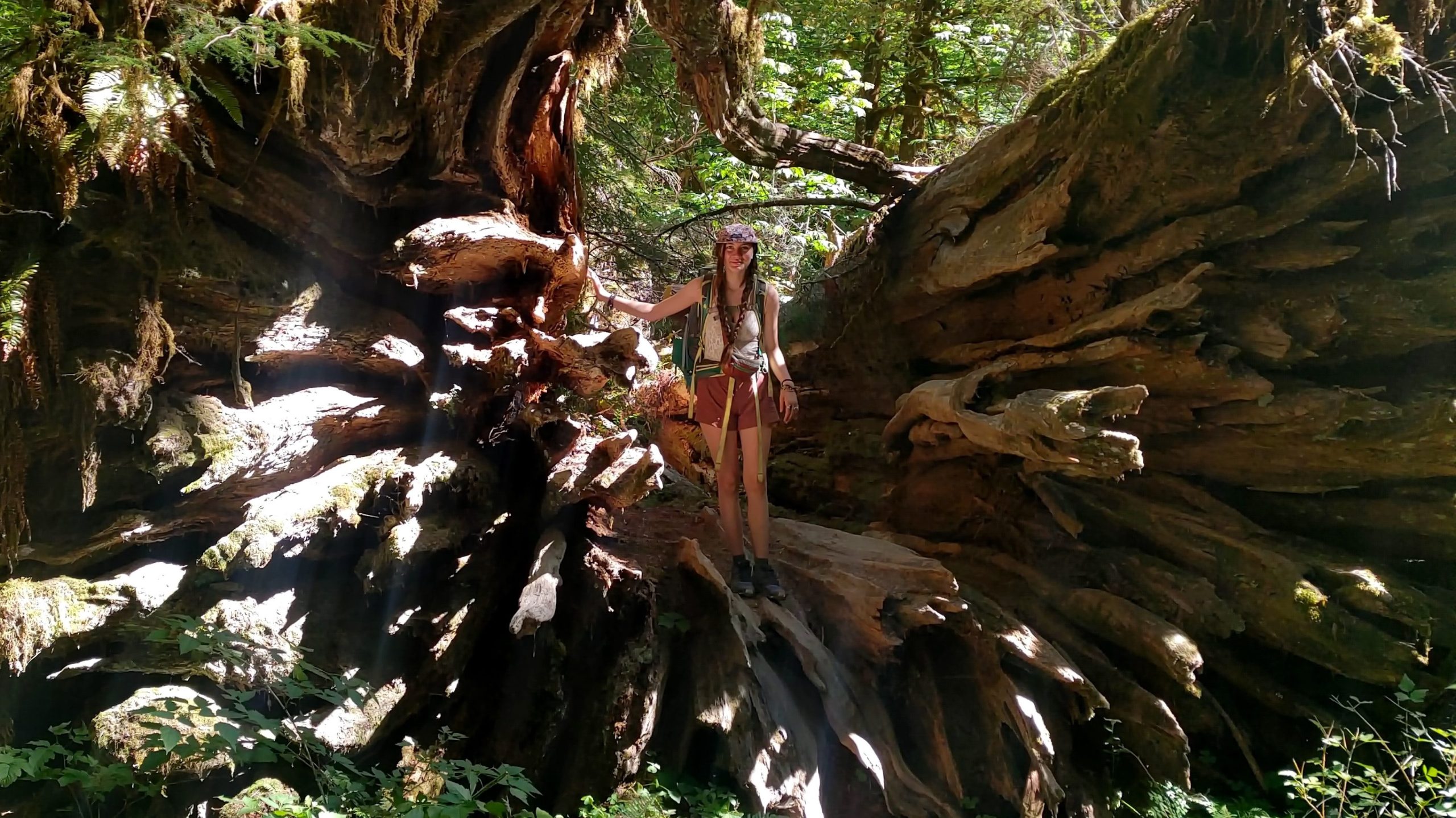
Trip Details
One of the most popular backpacking trips in the Pacific Northwest, this trip offers an unforgettable journey through the old-growth temperate rainforest of Olympic National Park. The trail winds along the east fork of the Quinault River, taking you deep into the Olympic Mountains with a gradual elevation gain. With stunning views, cascading waterfalls, and the opportunity for breathtaking wildlife encounters, the journey to the Enchanted Valley is full of wonder. On the first day of the trip, we will visit the Quinault Cultural Center and Museum to learn about the Quinault Nation, who have been inhabitants and stewards of the Quinault river drainage since time immemorial.
We provide all needed gear, including boots and clothing if notified 4 weeks ahead of time. Food from lunch on the first day to lunch on the last day is provided, and we will send you a menu and food options form to fill out before your trip. Transportation is provided from the meet location in Edgewood and back.
Itinerary
- Day 1: Gear up, orientation, visit to the Quinault Cultural Center and Museum, camp at trailhead
- Day 2: 6 miles to first camp
- Day 3: 6 miles to the Enchanted Valley
- Day 4: 8 miles back along the trail
- Day 5: 4 miles to Graves Creek Trailhead
Learning Goals
- Leave no trace
- Gear management
- Plant and wildlife identification
- Basic backpacking skills such as cooking, campfires, filtering water, first-aid
- Map reading
- Local geography
- Cultural history
Logistics
- Meet Location: Sahale Outdoors, 5007 Pacific Hwy E #19, Fife, WA 98424
- Meet Time: 9 AM
- Pick-up Location: Sahale Outdoors, 5007 Pacific Hwy E #19, Fife, WA 98424
- Pick-up Time: Approximately 2-5 PM, Sahale base team will reach out to guardians to communicate ETA
Gear Provided
- Tent
- Backcountry sleeping pad
- Multi-day backpack
- Sleeping bag
- All meals from lunch the first day through lunch on the last day
- All entrance fees, permits and passes
- First-aid kit and satellite phone
- Group kitchen and food service gear
- Water bottles
Packing List
- Packing Checklist
- How to Not Overpack: What to bring (and not to bring) on your Sahale Outdoors trip
Paperwork
Highlights
Waterfalls – Wildlife – Rainforest – Mountains – History
Difficulty Level
Intermediate: 1,700 ft of elevation gain, up to 24 miles over four days, no technical skills needed.
Length
Five days
2024 Schedule:
July 8-12: High School – 6 spots left
July 22-26: Middle School – FULL – Explore other trips or email trips@sahaleoutdoors.org to be put on the waitlist
Price: $900 per person
Includes gear rental, food, transportation, and all entrance fees, permits, and passes.
25% of the total trip cost is due at sign-up, with the remainder due one month before the trip date. You are welcome to pay in installments, contact trips@sahaleoutdoors.org to set up a payment plan.
Our mission is to make outdoor recreation accessible to all. If you cannot afford the total trip cost, send us a brief message to request a sliding scale pricing form.
Book Your Trip
Middle School
High School
Photo Gallery
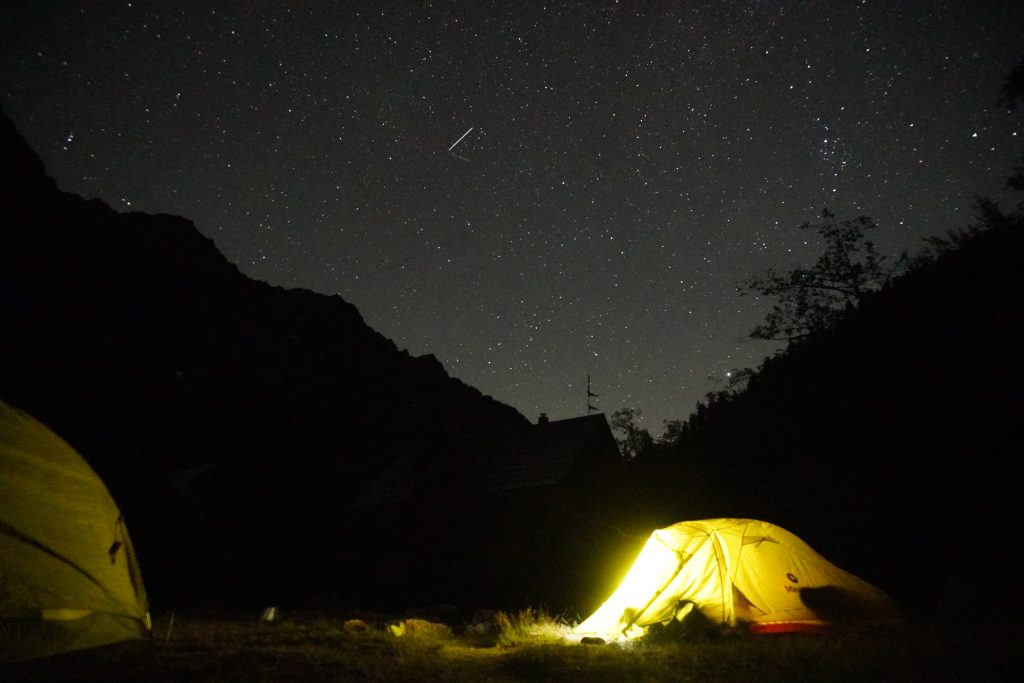
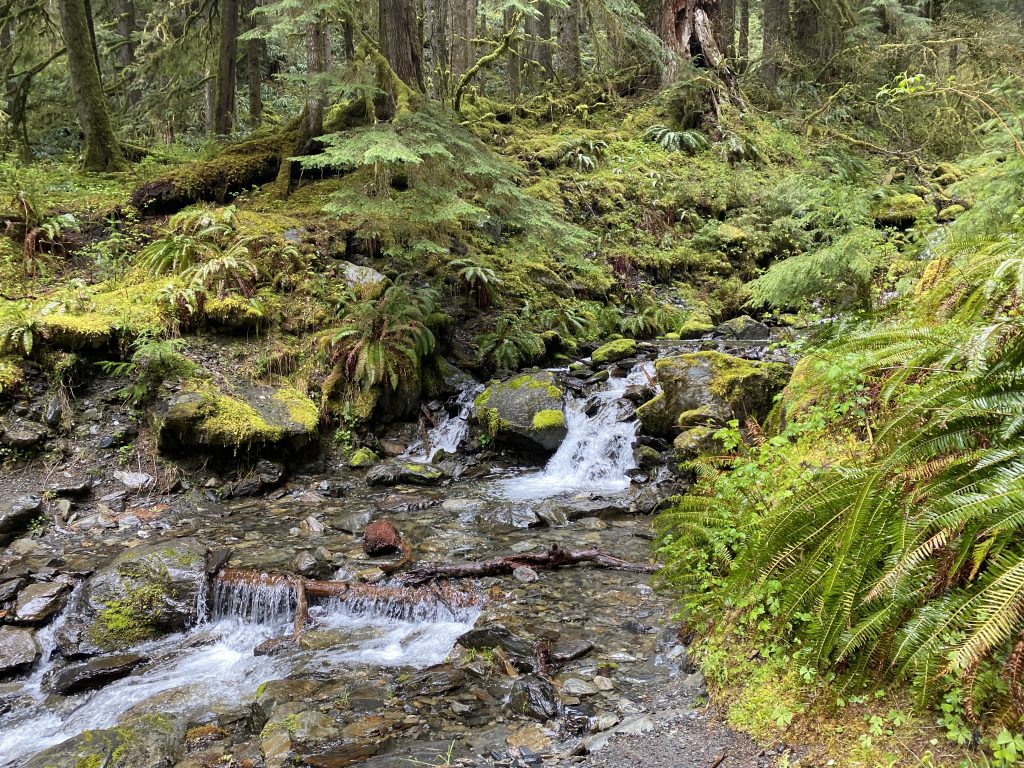
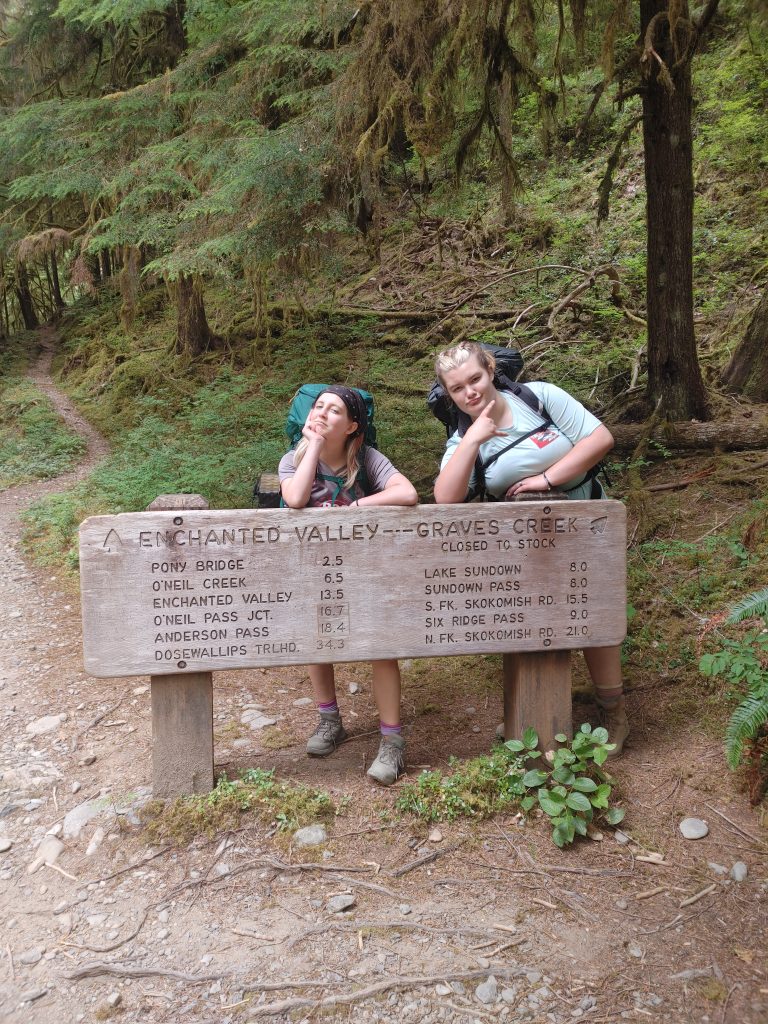
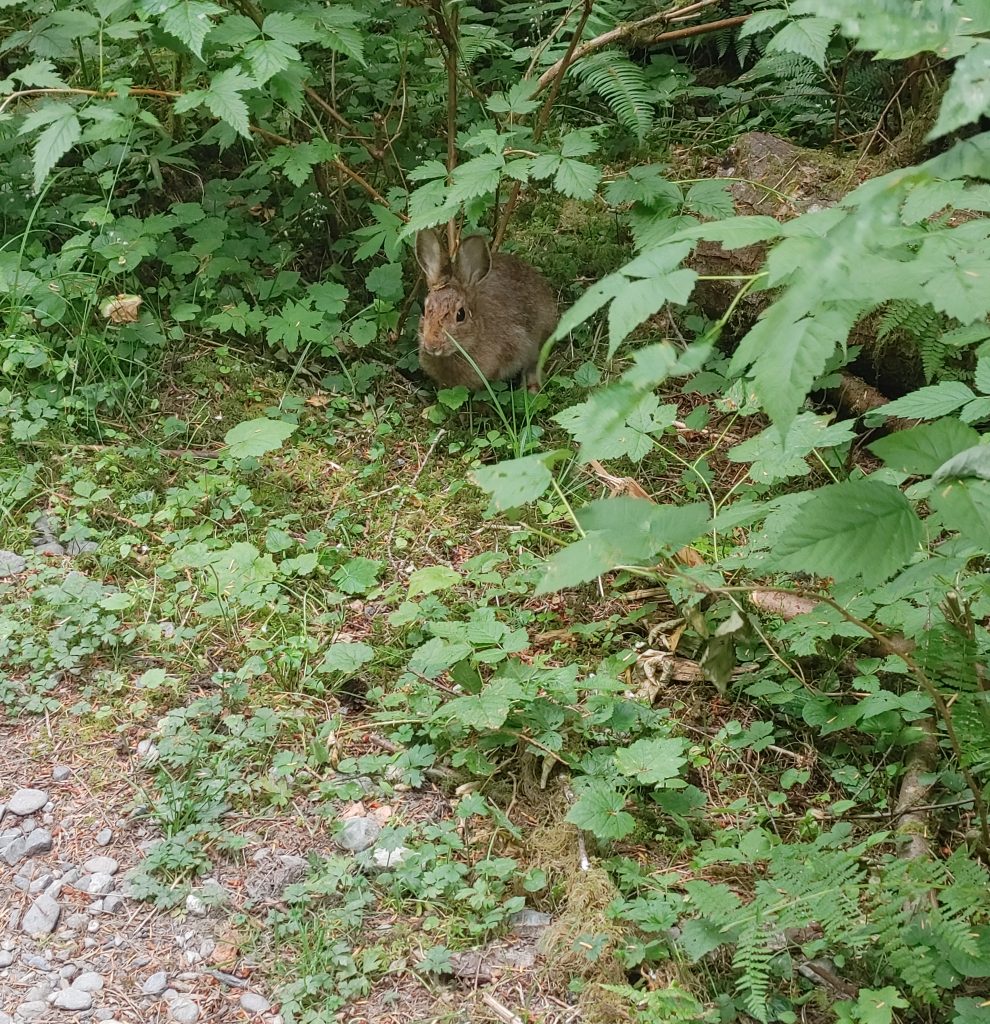
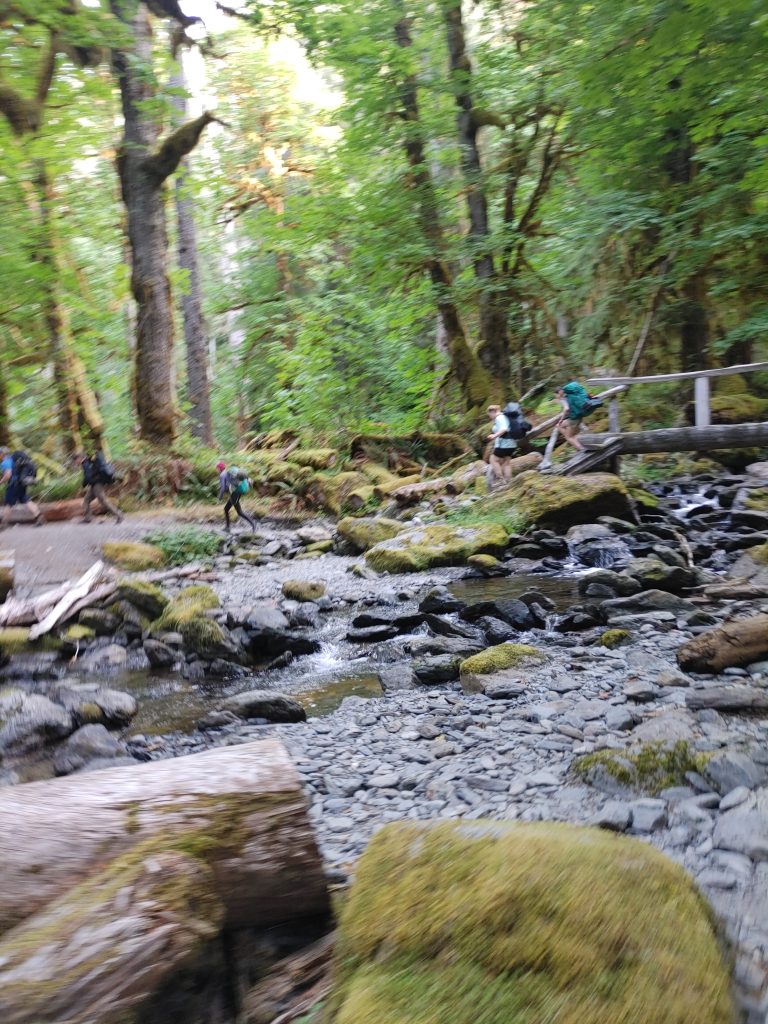
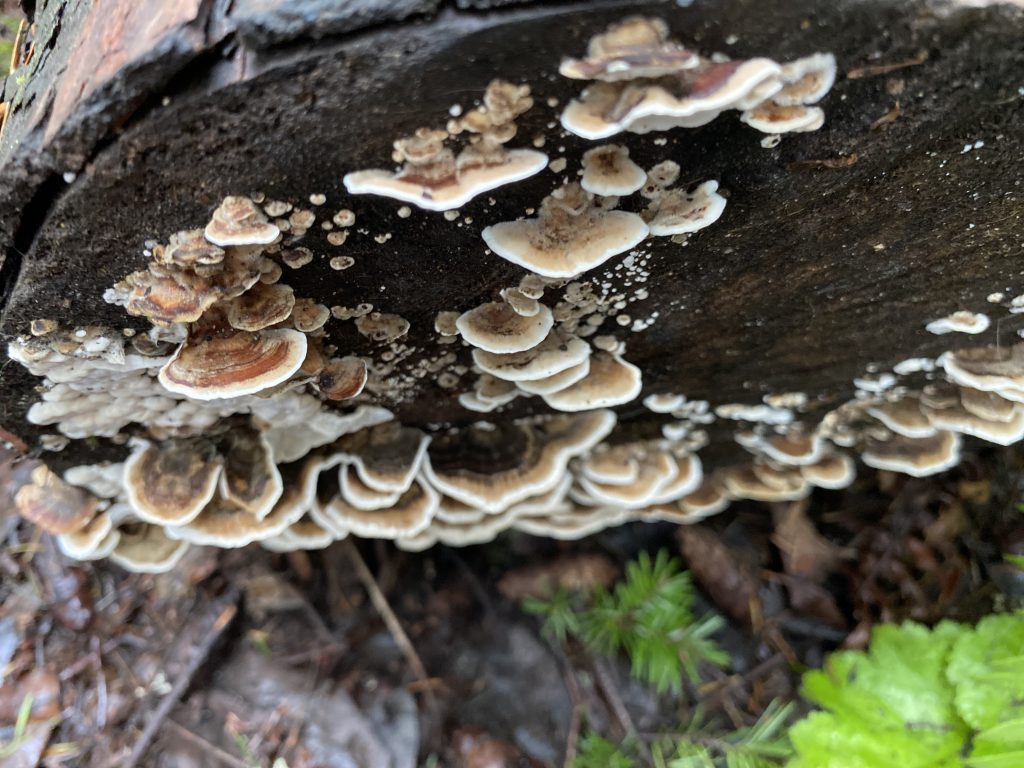
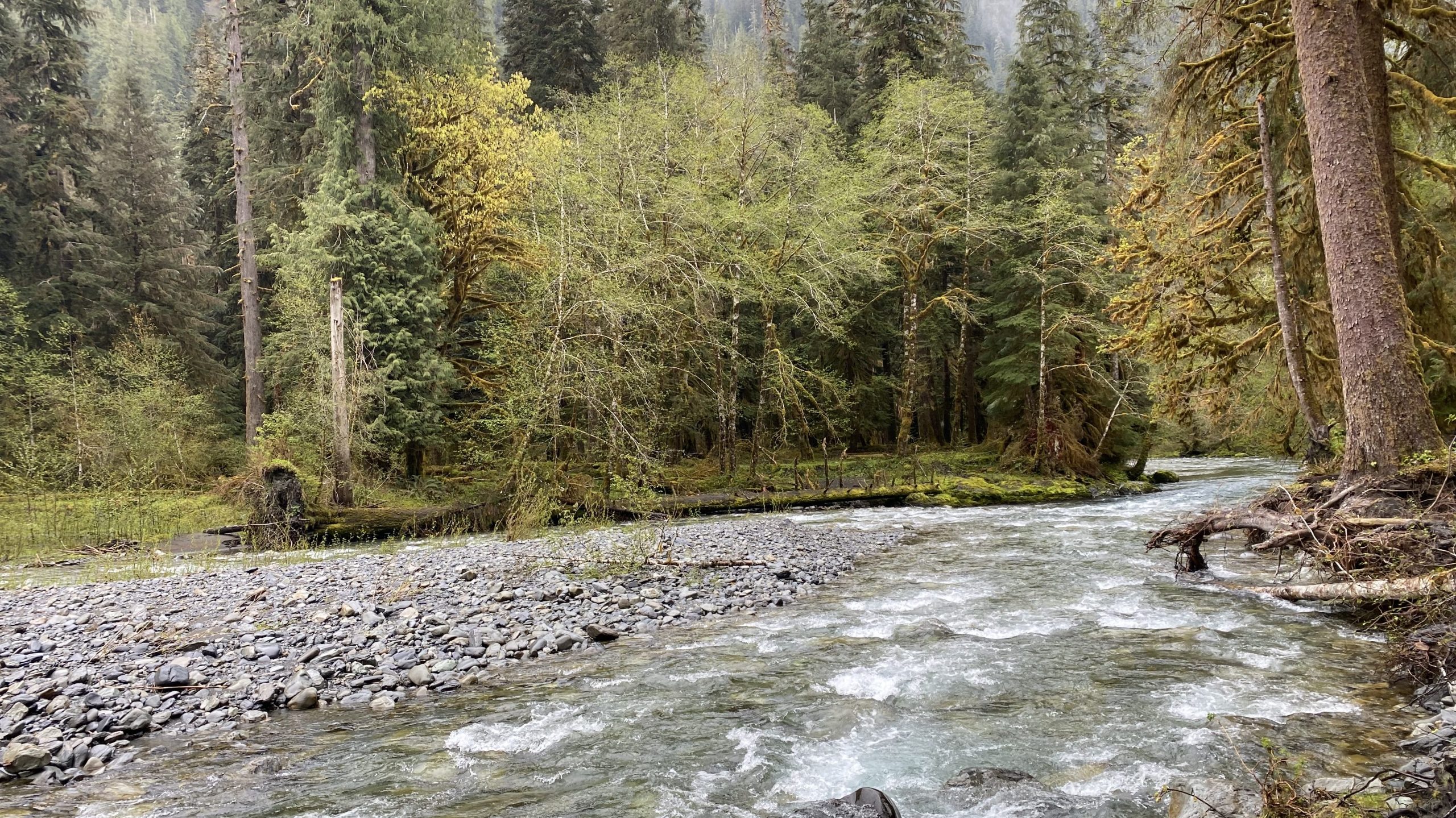
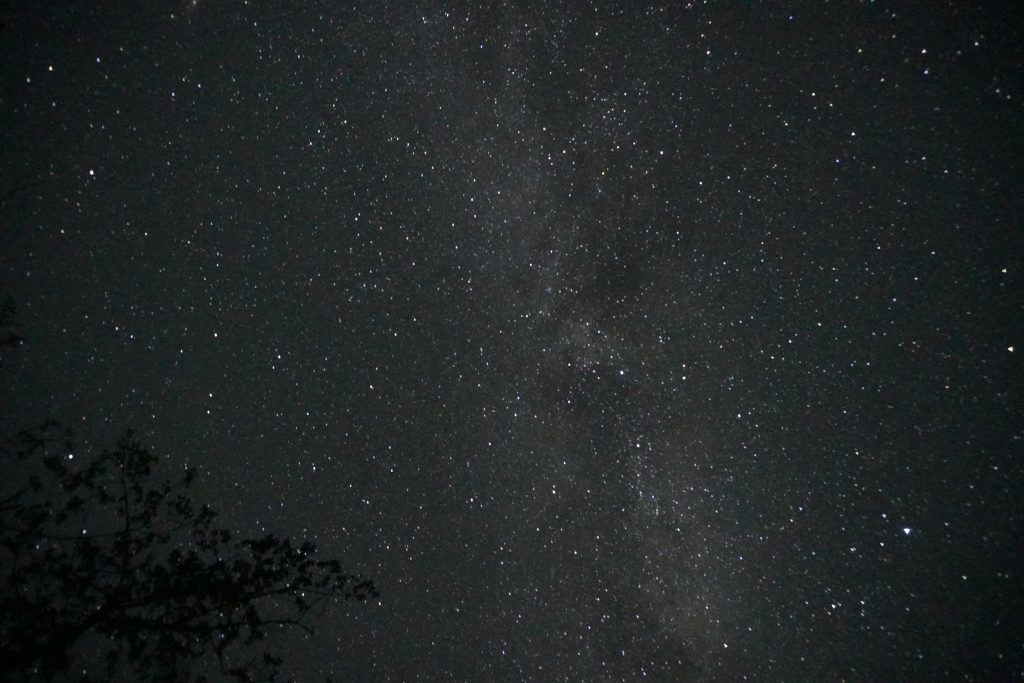
Indigenous Land
Quinault
This is my land
Clarence Pickernell, Quinault
From the time of the first moon
Till the time of the last sun
It was given to my people.
Wha-neh Wha-heh, the great giver of life
Made me out of the earth of this land
He said, “You are the land, and the land is you.”
I take good care of this land,
For I am part of it
God gave it to me
This is my land
The Quinault are among the small number of Americans who can walk the same beaches, paddle the same waters, and hunt the same lands their ancestors did centuries ago. The Quinault people have a long history of working to protect their ancestral lands, and today manage a reservation of 330 square miles that includes over 208,150 acres of some of the most productive conifer forest lands in the United States. As an example of their environmental restoration work, in 2008 the Quinault Indian Nation (QIN) partnered with the Wild Salmon Center and state entities to restore the habitat of the Blueback Sockeye Salmon, a unique species that lives only in the Quinault River System.
The Quinault are a Southwestern Coast Salish people. Their historical way of life was centered around salmon fishing, and they also hunted elk, bear, and whales, as well as eating clams and camas bulbs. They have a rich culture of industrial arts made from forest products, using cedar bark, pine roots, hemp rushes, and grass to make clothes, nets, and baskets. They built houses, canoes, and storage trunks from wood. They made beautiful carvings and decorated their work using red and yellow dyes made from the Oregon grape, hemlock bark, salmon eggs, and the ash of red cedar.
Today, the QIN continues to engage in social and environmental work, emphasizing sustainable resource management, political awareness, cultural connection, education, and community health and wellness.
